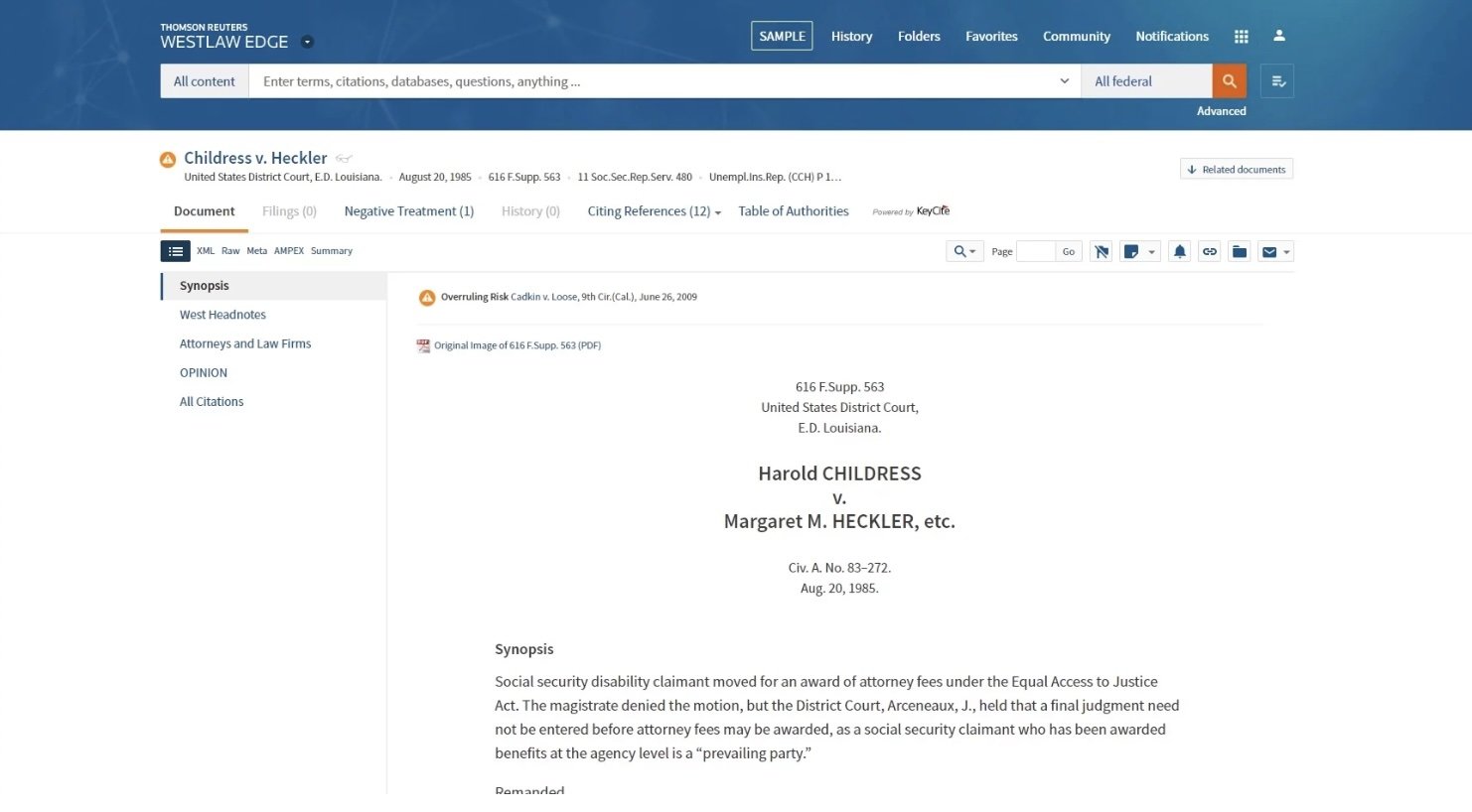AI Goes On Trial This Week
The upcoming trial between Thomson Reuters and Ross Intelligence (now Paxton Legal AI) is about to shake things up in the AI and copyright world, and it’s something that music teachers (and all teachers) using technology in their classrooms might want to keep an eye on. The trial is set to start on August 23rd, and while you might not see it in the news headlines, the outcome of the trial will likely set a huge precedent with regard to perhaps THE most important question when it comes to AI and its use of data: Can you use copyrighted material to train an AI system without paying for it and still call it a fair use?
This case started back in 2020, long before AI tools like ChatGPT took over our conversations. The issue? Ross Intelligence, a now-defunct startup, allegedly copied content from Westlaw, a legal research platform owned by Thomson Reuters, to train its AI-powered legal search tool. The question the court will be deciding is whether that copying was legal under the fair use doctrine, which allows limited use of copyrighted material without permission in certain cases.
Ross Intelligence’s argument is that their use of Westlaw’s content was transformative. In other words, they’re saying their AI used the data to create something new and different, not just a carbon copy. If the jury agrees, this could set a precedent that allows more freedom for AI developers to use existing content without jumping through copyright hoops.
On the flip side, Thomson Reuters argues that Ross’s AI didn’t transform the material in a significant way. Instead, they claim Ross used the content to build a product that competes directly with Westlaw, potentially hurting its market. This gets into one of the main points of the fair use argument: whether the use of the material affects the market value of the original work.
This trial isn’t just about these two companies, though. The outcome could influence a lot of similar cases that are currently pending, where the creators of AI tools are being sued for using copyrighted materials to train their systems. If the court sides with Thomson Reuters, it might mean AI developers need to get more careful (and likely pay more) about where they get their training data. On the other hand, if Ross wins, it could encourage more bold moves in the AI world, with companies feeling freer to use existing content without licensing it first.
So, why should music educators care? As AI tools become more common in the classroom, understanding the legal landscape around them is very important. If the court rules in favor of stricter copyright protections, it could limit what kinds of AI tools are available for education or make them more expensive. But if the court favors Ross, it might lead to more innovative and accessible tools, though with potential ethical questions around the use of copyrighted material.
In short, while this trial might seem like just another legal battle, it’s actually setting the stage for how AI and copyright law will interact in the future. For those in the music education field, the verdict could influence the tools and resources that are available in the years to come, so it’s worth keeping tabs on how this all plays out.

